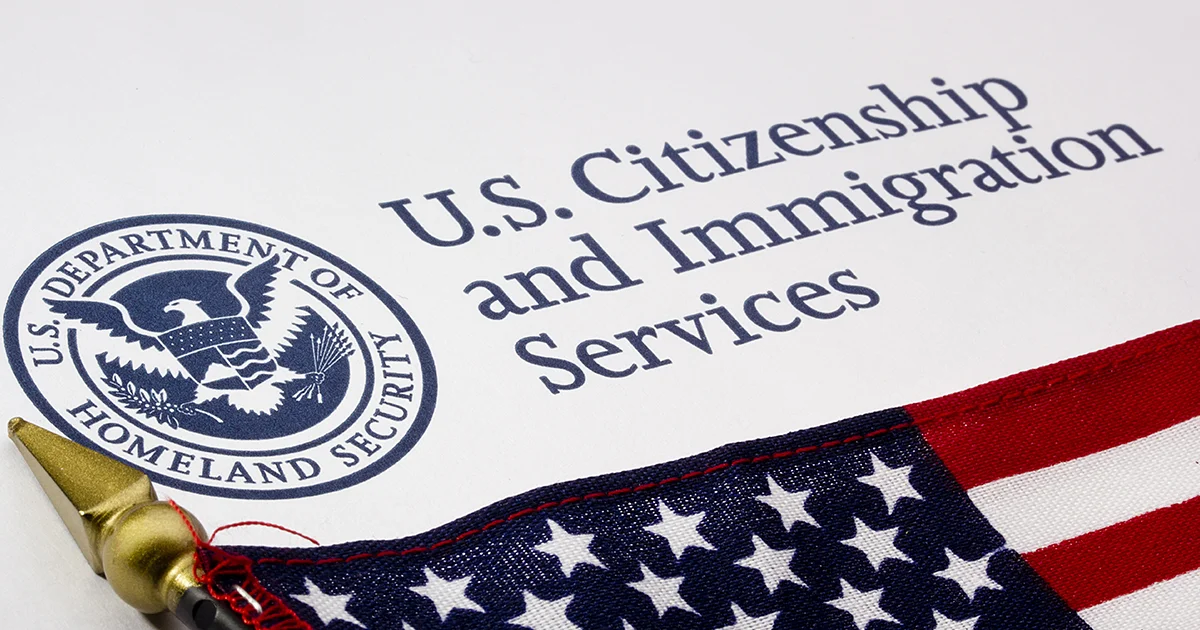
On October 16, 2025, the U.S. Department of Homeland Security (DHS) implemented a new $1,000 Immigration Parole Fee following the passage of HR-1, the One Big Beautiful Bill Act (Pub. L. 119-21). This change, announced through a Federal Register notice (90 FR 48317), applies to any individual paroled into the United States under INA § 212(d)(5)(A)—including those entering with humanitarian parole, advance parole, or parole-in-place—unless a specific statutory exception applies.
As an immigration attorney at SG Legal Group, I want clients and applicants to be aware that this fee is mandatory at the time of parole, not at the time of filing Form I-131 (Application for Travel Document). Failure to pay the fee when required can result in denial of parole at the port of entry (POE) and possible removal from the United States.
Unlike other USCIS filing fees, the Immigration Parole Fee is not paid when submitting Form I-131. Instead, DHS will collect it once it determines that parole will be granted and the applicant is subject to the fee.
For most applicants, the fee is due when they:
If you have been issued a Form I-512L (Authorization for Parole), a CBP officer at the POE will collect the $1,000 Immigration Parole Fee each time you are paroled—unless you establish that an exception applies. Those unable to pay at the POE will be denied parole and may face removal.
The fee applies broadly to anyone who is:
Each grant of parole triggers a new payment obligation, unless one of the statutory exceptions applies. The fee will also be subject to annual inflation adjustments, listed in Appendix B of the USCIS Fee Schedule at www.uscis.gov/g-1055.
DHS recognizes ten limited exceptions under 8 U.S.C. § 1804(b). Individuals may be exempt if, at the time of inspection, they establish that their parole falls within one of these categories:
No discretionary waivers are available beyond these ten statutory exceptions.
If you believe you qualify for an exception, you should bring evidence of the specific exemption (such as medical records or proof of adjustment-of-status filing) and present it to the CBP officer upon inspection.
I strongly advise all clients holding Form I-512L or planning to request parole to take these steps before traveling:
While this rule affects all parole programs, the impact will vary:
Because CBP officers will apply the rule at ports of entry nationwide, implementation procedures may differ by location. For clients traveling through the Baltimore/Washington region, I recommend arriving early and bringing all supporting documentation in case additional screening occurs.
This new requirement underscores the growing complexity of immigration parole procedures. Even individuals who have already received an approved Form I-131 may face new financial and procedural obligations before traveling.
If you received a parole fee notice or are planning to travel on advance parole, do not assume that your prior approval exempts you from this rule. Each case should be reviewed in light of DHS’s implementation guidance and your individual circumstances.
If you have questions about how this policy affects your immigration case or upcoming travel, you can reach SG Legal Group for professional guidance. My team and I provide immigration counsel in English, Russian, and Romanian and help clients navigate parole, adjustment, and humanitarian processes with clarity and care.
For more information, visit www.sglegalgroup.com or call 410-618-1288 to schedule a consultation.

This article provides general information and is not legal advice. For advice about your situation, please contact me directly.
Oleg Gherasimov, Esq.
Stay informed with our latest updates.